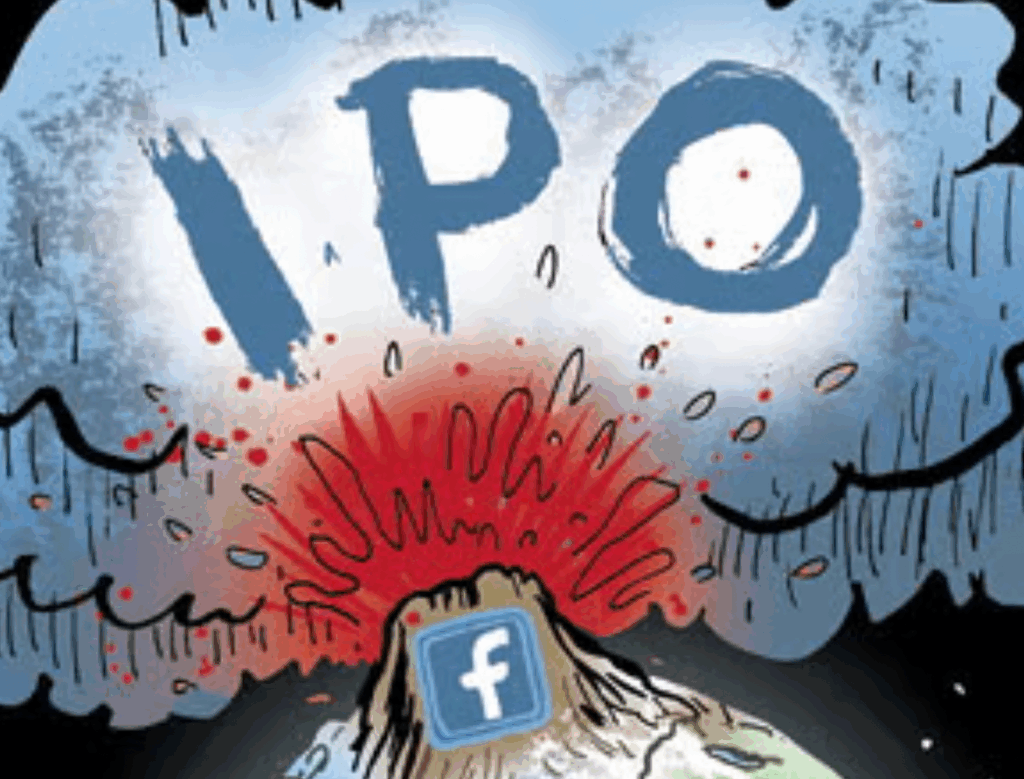Could Google be planning an online operating system? Despite their denials just about a year ago, recent moves and rumors seem to confirm these notions. This past week Google acquired Upstartle, a small startup that offers a browser-based word processor named Writely.
Writely is basically an online word processor that allows access to documents to multiple parties, regardless of where they are located, giving them the ability to collaborate on any given document.
There are also blog posts concerning a closed beta testing of Google Calendar. The project is nicknamed “CL2” and is expected to be integrated with Gmail sometime in the future. Screenshots and descriptions of the service can already be found online.
Now, add to this mix the recent leaked news about Google’s GDrive, and it definitely seems that Microsoft could have some potentially strong competition to its dominant Office operating system. GDrive is slated to be a universal, and virtually infinite hard drive that allows users to store information, files, and data, which can be accessed from anywhere, using any device or platform.
This may come as bad news for Microsoft, who is planning on releasing its latest Web-focused operating system, Vista, before the end of this year. Up until now, Microsoft’s operating system depended on a user’s hard drive to store documents and other files. This strategy might encounter some difficulty if users begin to embrace the possibility of far more limitless space on Google’s GDrive, complemented with the idea of an operating system that is virtual and does not rely on the few hundred gigabytes of physical hard drive space and the limited speeds of the computer being used.
Microsoft was hoping to compete with Google by integrating search in their desktop and operating system, but it appears that Google is retaliating by offering services usually found on a desktop in the virtual and infinite space of the Internet.
Google’s latest move also highlights the trend of large Web companies buying up small startups that offer Web 2.0 products and services that meet the needs of niche markets.
RedMonk analyst Stephen O’grady said, “The general pattern is that big companies let the other companies do the innovations for them. Smaller companies can do innovation in a more agile fashion outside the boundaries of a large company, and they get acquired.”
Sources:
http://news.com.com/Google+deal+
highlights+Web+2.0+boom/2100-1032_
3-6048621.html



